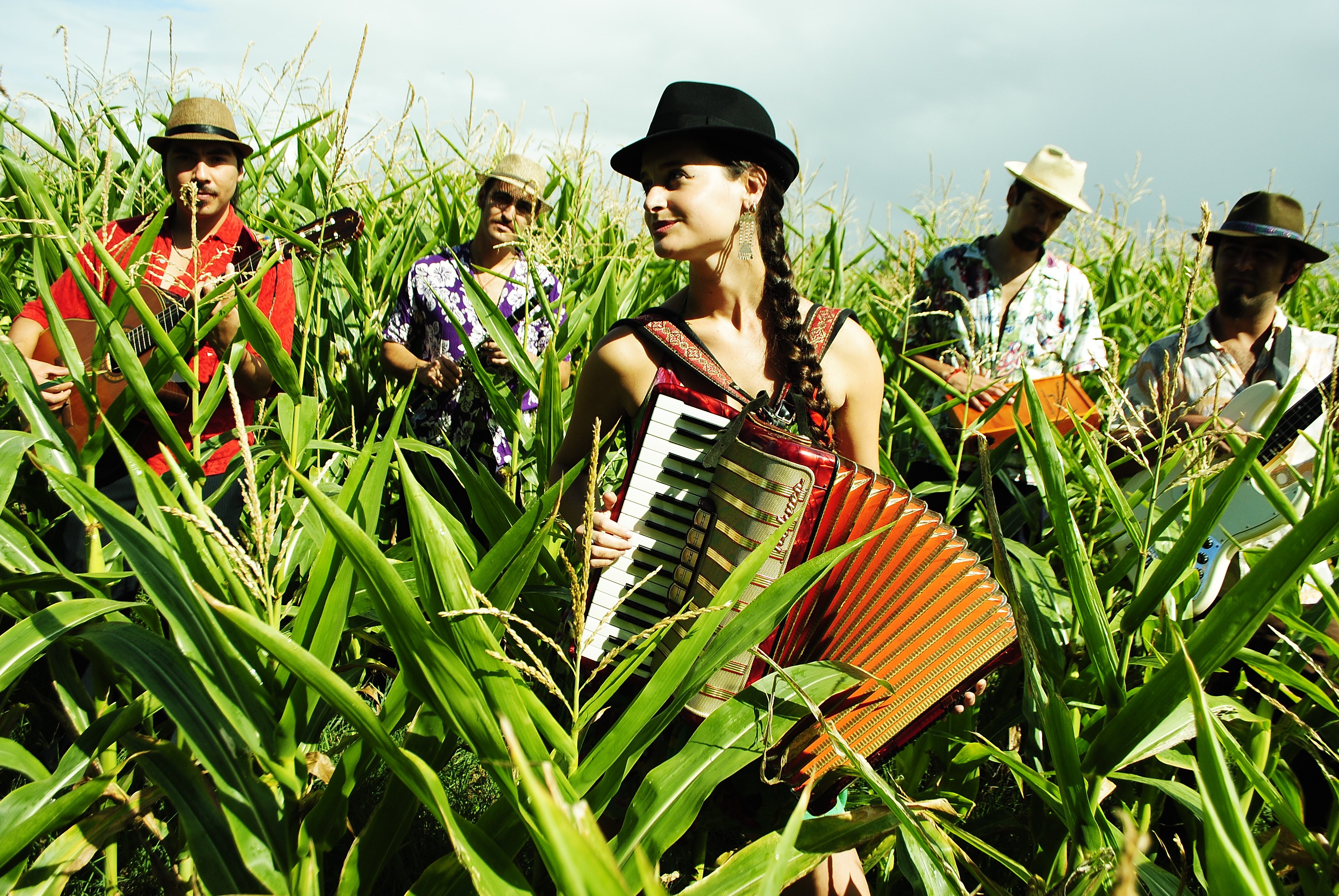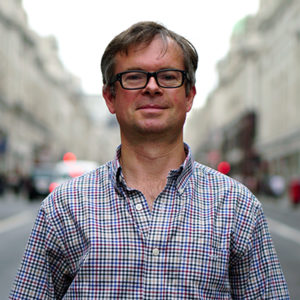Pascuala Ilabaca Interview

Pascuala Ilabaca was born in Valparaíso, Chile in 1985. From an early age she was interested in music and studied music at the Pontifical Catholic University of Valparaíso.
Valparaíso, located in the central part of Chile, north of Santiago, is famous as a sea port as well as the ‘cultural capital’ of Chile. It is famous for its colourful houses, including La Sebastiana, one of Pablo Neruda’s houses, as well as for its funicular railways (which date back to the same period as the funicular railways in Hastings). Valparaíso means ‘valley of paradise’.
Her debut album in 2008, entitled Pascuala canta a Violeta was a homage to the legendary singer Violeta Parra, her main influence.
Violeta Parra was a singer, songwriter and visual artist (embroidery, painting and sculpture), famous for composing the song Gracias a la Vida (Thanks to Life). Parra was important in the development of a style of music that became known as Nueva Canción Chilena (Chilean folk music mixed with socio-political messages) as well as in establishing artistic and political community centres. She committed suicide in 1967.
As a child, Pascuala lived for a time in India and this has had an influence on her compositions and the instrumentation that she has used on her albums. She returned to India around 2009 and in 2010 she formed the ensemble Samadi and released the album Perfume o Veneno, which fused Indian music with the folk songs of Chile, using tabla drums and her beloved accordion.
Also in 2010 she released an album with the band Fauna, entitled Diablo Rojo, Diablo Verde. She toured throughout Chile, performing at festivals, concert halls and at the National Stadium of Chile.
The National Stadium of Chile, also known as the Estadio Nacional Julio Martínez Prádanos, was first opened in 1938. Built in Santiago, it was modelled on the Olympiastadion in Berlin (which was built for the controversial 1936 Olympics, opened by Hitler). In 1962 the National Stadium of Chile hosted the final of the World Cup. Following the coup d’état in 1973 the fascist government of Augusto Pinochet used the stadium as a prison camp (the number of people who were tortured and killed within the stadium remains unknown). Pope John Paul II filled the stadium during his South American tour in 1987. After Pinochet’s rule ended in 1990 and the country transitioned to democracy, the stadium was renovated and has been used for pop concerts by artists such as Michael Jackson, U2, Shakira, Madonna and Justin Bieber.
In 2011 Pascuala toured Europe for the first time and performed at the Violeta Parra Anniversary Concert in Valparaíso. In 2012 she toured Europe again, promoting her album Busco Paraiso (Searching for Paradise) with her backing band, Fauna. In 2014 she released her fourth solo album Me saco el sombrero and began another tour of Europe, including a performance with the Berlin Philharmonic.
A keen songwriter, her website features ‘Music in Pajamas’, spontaneous compositions that she comes up with in the morning and quickly records. These are often raw, acoustic pieces with multiple layers of voices, piano, guitar, accordion and percussion.
Interview
What are the influences in your music?
“I have always been passionate about strong and powerful female voices, such as Violeta Parra, Totó la Momposina, Lhasa de Sela, Billie Holiday, Janis Joplin and instrumentally, I love the fusion created by people like Egberto Gismonti, Jan Garbarek, Hariprasad Chaurasia, Keith Jarrett, John Coltrane…"
“I have taken the traditional Chilean rhythms as my work material for composing, giving them contemporary lyrics and lots of emotional expression, the main reason is to have the emotion of the music resonate in people and connect with them through the emotions, but keep a South American identity.”
You have toured Europe every year since 2011. What have been your experiences and how have they been different to touring in South America?
“I like travelling very much, it is the most complete, creative and arduous school of all. We have met amazing people in Europe and we found a very receptive and interested audience. I love when I see somebody dancing to a Chilean traditional rhythm without a preconceived idea of traditional dance, and that we are creating our own folklore in the moment. We are making a tradition evolve, and I found those moments very exciting. There are lots of festivals in Europe that I loved, like TFF Rudolstant, Pirineos Sur, Fusion, Batnasants. I can’t compare Europe with South America, they are quite different realities and societies, but anyway, I could feel in both places the human warmth, the poetry and love of dancing across both continents.”
Tell us about your latest album Me saco el Sombrero.
“With this record I wanted to pay tribute to four Chilean composers: Victor Jara, Gabriela Mistral, Violeta Parra and Álvaro Peña. They are four composers that Chile still doesn’t have room for, people don’t yet understand the magnitude of their works because of social and political prejudice. So I felt I needed to cherish their unknown songs, it is something that I always do when I perform live and I wanted to make a recording of it.”
Questions were submitted by Charlie Anderson.
Interview conducted and translated by Anabel Alegre for The Sussex Jazz Mag.
Pascuala Ilabaca is currently on tour around Europe and performs at Brighton Dome Studio Theatre on Sunday 16th November.
For more on Pascuala go to www.pascualailabaca.com



